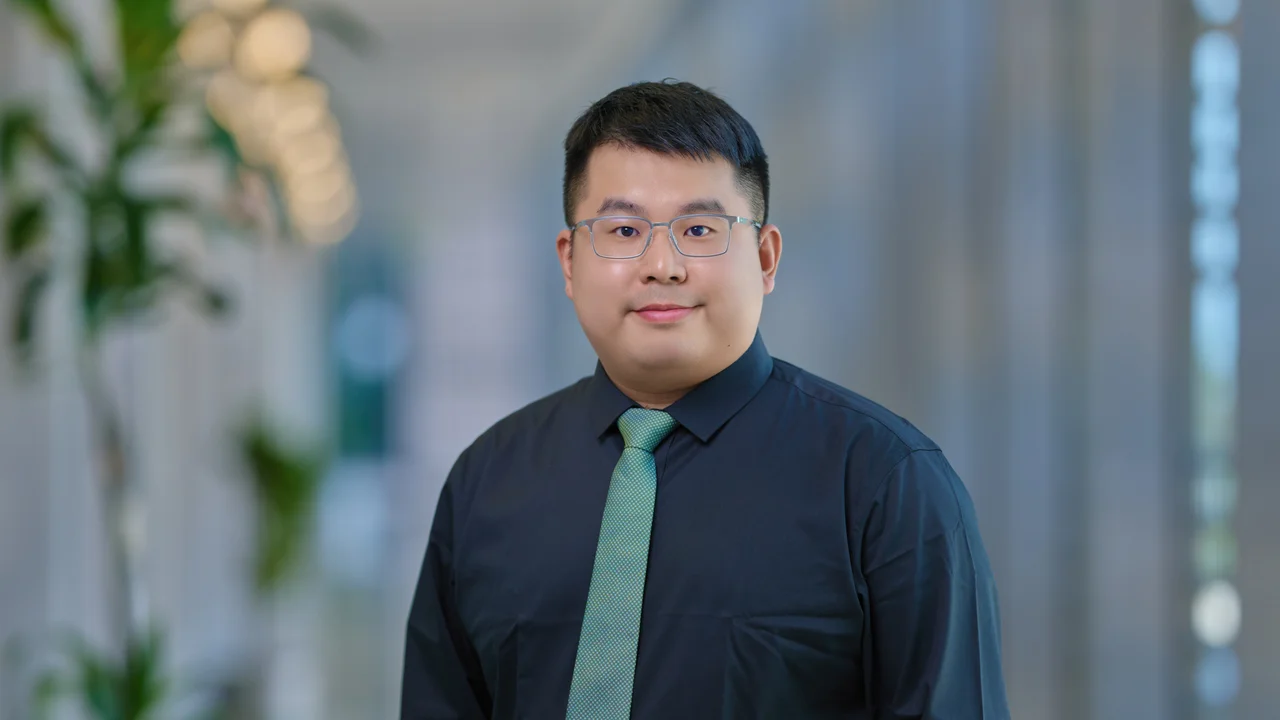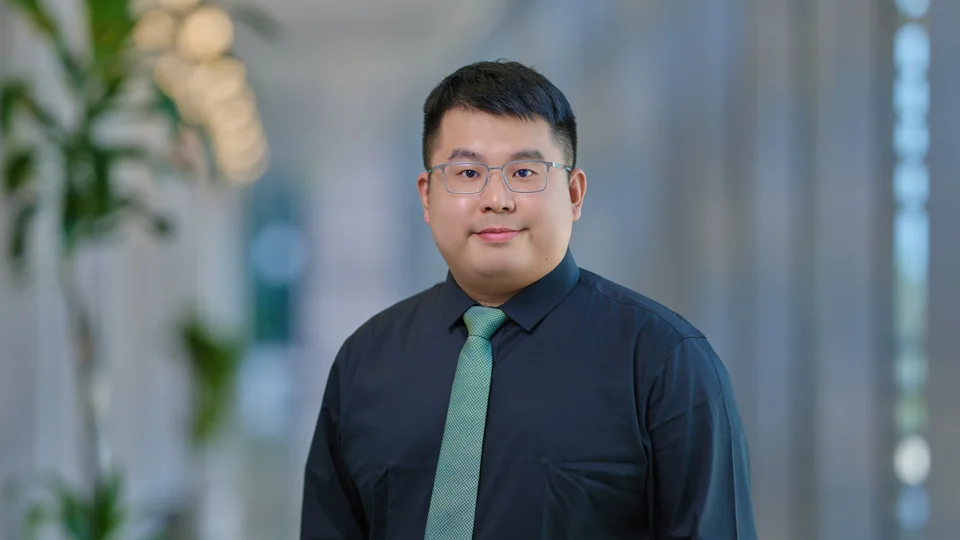
CEMSE new faculty: Tao Ni, assistant professor of Computer Science
Guided by curiosity and purpose, Tao Ni joins KAUST to advance cybersecurity and energy-efficient mobile computing research.
About
“Every great wizard in history has started out as nothing more than what we are now, students. If they can do it, why not us?” These words from Harry Potter have long inspired Professor Tao Ni (Tony), KAUST’s newest faculty member in computer science.
For Ni, the message reflects his belief in the transformative power of curiosity, persistence and learning, qualities that have shaped his journey from student to researcher and now to faculty member at KAUST.
At Shanghai Jiao Tong University in Shanghai, China, Ni's passion for programming on both computers and embedded systems laid the foundation for his academic journey.
His first career “eureka moment” came during two years at the Australian National University (ANU). With freedom to explore his interests, he immersed himself in research and began asking the questions that would shape his path: “What am I interested in? What am I truly good at?” A friend’s remark that his personality suited a research career proved to be a decisive spark.
This moment of self-realization set in motion several applications for Ph.D. programs, which eventually led him to accept a place at the City University of Hong Kong (CityUHK). There, he experienced his second "eureka moment" when he met his supervisor, Dr. Qingchuan (Bruce) Zhao.
“Working with Dr. Zhao, I delved into cybersecurity, particularly, cyber-physical systems (CPS) security and side-channel analysis. Over the next three years, I dedicated myself to impactful research projects. His guidance and encouragement solidified my decision to remain in academia and commit to a lifelong research career.”
Powering KAUST to become a global leader in cybersecurity
Ni's work spans three areas: uncovering CPS vulnerabilities through AI-driven red-teaming analysis, developing software-defined defense methods for privacy and reliability, and designing energy-harvesting technologies to recycle ambient energy and enhance the efficiency of various CPS.
Past research on embedded sensor security has exposed flaws in smartphones’ in-display fingerprint authentication, leading to industry collaborations and the integration of liveness detection to defend against spoofing attacks—a type of cyberattack where a malicious actor disguises their identity to deceive a victim.
In the short term, Ni plans to establish a strong research team delivering outcomes with tangible industry applications that advance KAUST and Saudi Arabia. In the long term, he envisions contributing to the University’s position as a global leader in cybersecurity and mobile computing research.
“My research safeguards critical infrastructure, strengthens data privacy for secure digital transactions, and advances sustainable, low-cost mobile computing solutions. All of which, I believe, will support the Kingdom’s digital transformation and green energy goals.”
‘Setbacks are just stepping stones to success’
Ni's decision to join KAUST was shaped by several factors, chief among them the University’s exceptional research environment and the chance to learn from accomplished senior colleagues.
“I am inspired by KAUST’s strong ties with industry, which create real opportunities for me to translate cutting-edge research into practical applications with global reach.”
More than anything, however, it was the people who drew him to the shores of the Red Sea: “KAUST brings together the best researchers and students from around the world, and during my initial visit, I felt genuinely welcomed by a vibrant, supportive community. That sense of belonging confirmed that KAUST was the right place for me.”
Reflecting on his journey, Ni shares that if he had a time machine, he would offer his younger self three pieces of advice: not to hold back, bridge research with real-world applications sooner, and master multitasking.
“My advice for KAUST students is to think critically, explore beyond your field, and stay optimistic—setbacks are just stepping stones to success.”
In a world without time machines, Ni sees his academic journey as one shaped by curiosity, opportunity and meaningful encounters.
“Every decision I made was guided by curiosity and genuine interest,” he noted. “As Steve Jobs put it in his 2005 Stanford University commencement speech: ‘You must find what you truly love. If you haven’t found it yet, keep looking. Don’t settle.’”
